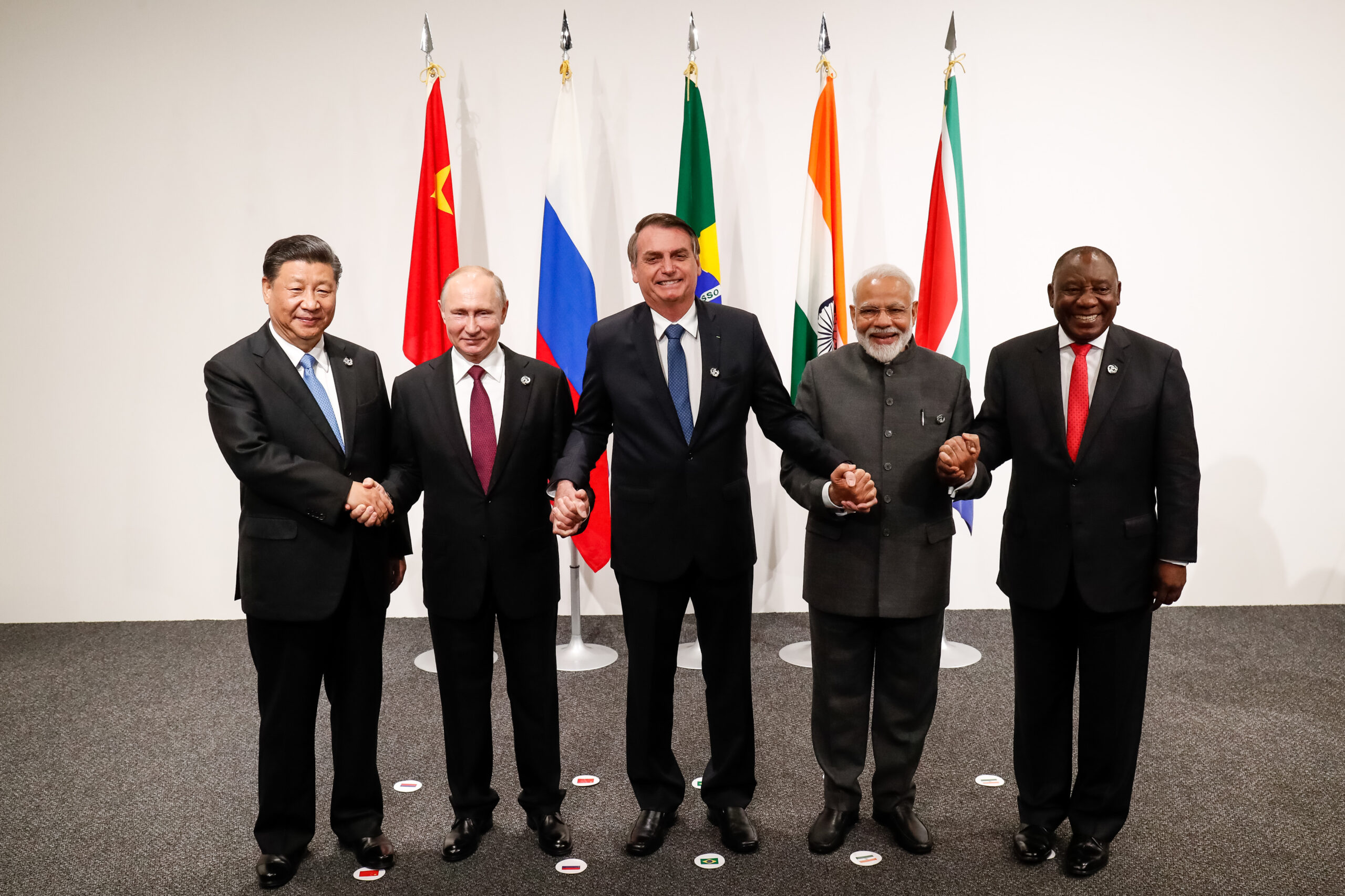All the challenges of the global South to the US dollar and beyond

The countries of the Global South are trying to distance themselves from the world and financial order defined by the United States. Here are American intentions, limits and mistakes
The expression Global South refers to that large and heterogeneous set of emerging countries which today risk ending up in the Chinese and Russian orbit and calling into question the world order painstakingly built by Washington after World War II. This is the theme of a recent analysis by Bloomberg which shows that there are almost always reasons of an economic nature behind these pushes.
Global South vs America?
Liberalism; dollar; Bretton Woods; Gatt and WTO: Washington Consensus. These have been, since the Second World War, the cornerstones of the world order, which has functioned on the basis of ideas, rules and institutions generated in America that the rest of the world simply had to follow.
Now, however, those same pillars are being questioned by that set of actors that we are used to collectively define as the Global South, i.e. that group of countries which, rather than blindly obeying and following the reflexes of the past, are writing their own script.
Dollar hegemony? India proudly exhibits the spread of digital payments with other emerging nations.
The latter, meanwhile, are regaining control of their natural resources by freeing themselves from ties with importing countries still smelling of colonialism. After Namibia and Zimbabwe, Ghana is now preparing to ban exports of lithium, a fundamental material for electric cars and therefore highly sought after in the West. Indonesia in turn has banned the export of nickel ore.
And still on the subject of electric cars and the underlying competition between China and the West: Argentina, Brazil, Chile and Indonesia are giving preference to Chinese investments in EV battery production plants rather than American ones.
Dedollarization?
Then there are incipient processes of dedollarization , led by a President like the Brazilian Lula who, visiting China in April, asked himself "who decided that the dollar" should be the hegemonic currency in the world.
Rowing towards a world freed from the influence of the greenback are the BRICS, but the same ferment is being felt in other countries as well. The Bank of Thailand is diversifying its reserve currencies with the aim of freeing the value of the baht from that of the dollar.
Indonesia and neighboring countries have launched digital payment systems also with the aim of reducing the need for large amounts of dollars for daily payments.
Furthermore, the project to create a pan-African currency is still in the works.
Geopolitics of non-alignment
Even at the geopolitical level, American influence is corroding, as shown by the large number of emerging countries, among which India and Brazil stand out, which have refused to join the chorus of condemnation of Russia for the invasion of Ukraine, or that of states that do not a priori side with Washington in its confrontation with China.
Statements such as that of Bangladeshi Prime Minister Hasina are multiplying day by day, explaining his non-alignment with variations on the theme "we are friends with everyone".
And behaviors such as that of the defense ministers of Asian countries are no longer rare who, meeting at the Singapore Security Forum, chose not to condemn the provocation of a Chinese warship against an American ship in the Taiwan Strait because, according to judgement, everything must be done to avoid a conflict.
Still with regard to Russia and Western efforts to isolate it with sanctions, it should be noted India's massive purchases of Moscow's black gold, the alleged supplies of arms to Russia of which South Africa is suspected, or the deathly silence of a country like Vietnam in which America is investing a lot in its effort to relocate the productions once based in China to friendly countries.
Strategic errors
American behavior like the Fed's bullish policy or the palpitations on the debt ceiling haven't helped.
Due to these failures, the US is failing to capitalize on the negative view of China nourished by the public opinions of many countries and which emerged in a recent and sensational survey by the Pew Research Center.
Absence of vision
And according to Bloomberg, here emerges the current problem of the United States grappling with the decline of its global influence: the lack of a narrative that is at least as convincing as that of actors such as China and Russia who aim to make the Global South the lever with which to undermine the current world order.
In short, with its emphasis on multilateralism and monetary sovereignty, the Chinese vision is a candidate to be the battle cry with which to unite the emerging countries in its wake. America is warned.
This is a machine translation from Italian language of a post published on Start Magazine at the URL https://www.startmag.it/mondo/tutte-le-sfide-del-sud-globale-al-dollaro-usa-e-non-solo/ on Sat, 19 Aug 2023 06:22:07 +0000.
